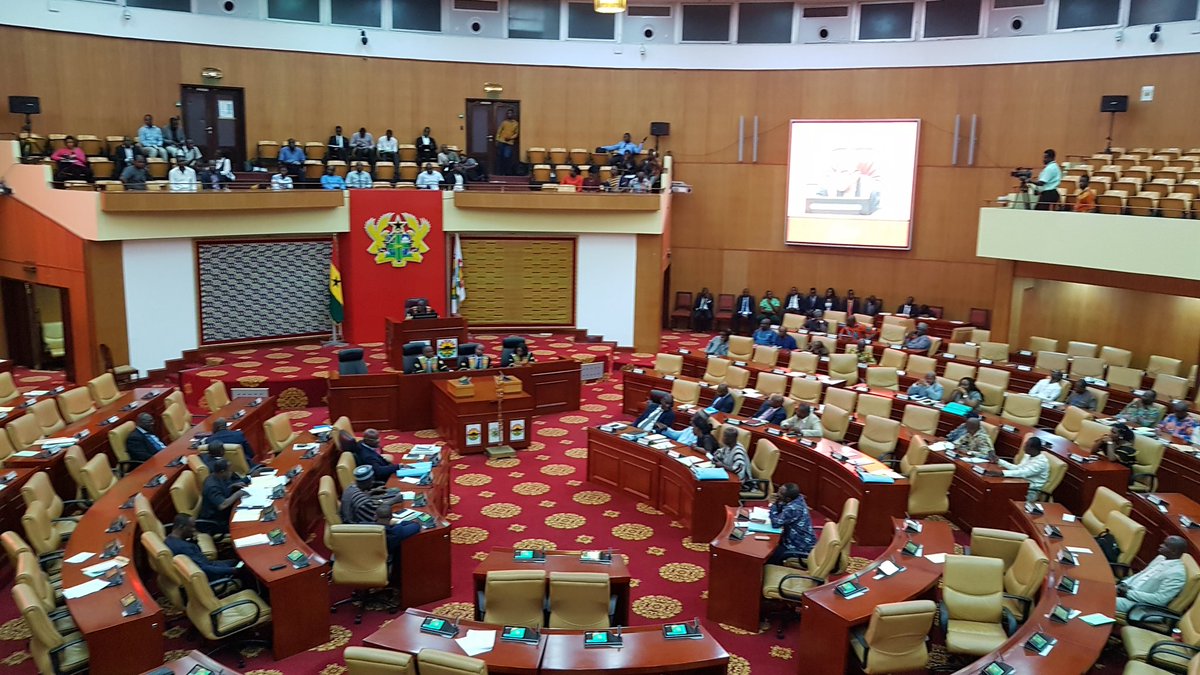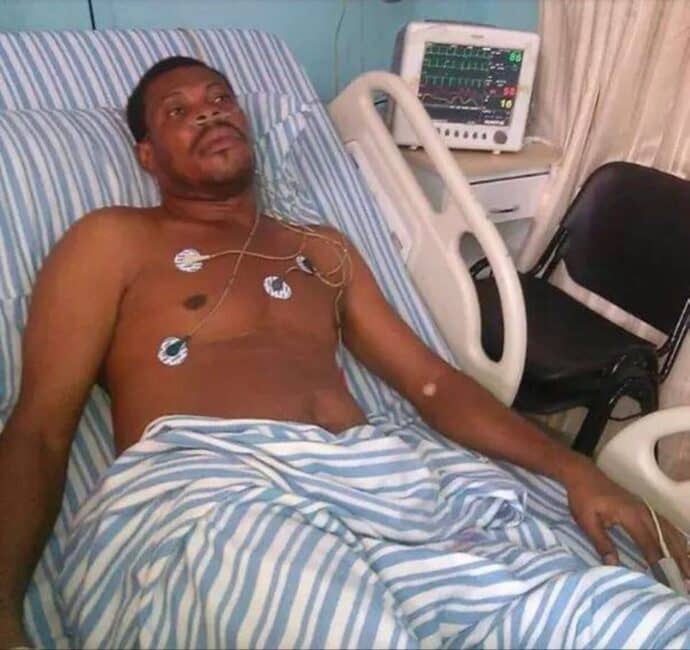Parliament has passed the Energy Sector Levies (Amendment) Bill, 2021 and the Financial Sector Recovery Levy Bill, 2021 to impose special levies on sections of the economy.
While the energy levy will tackle challenges in the energy sector, as well as sanitation and pollution-related matters, the Financial Sector Recovery Levy has been introduced to raise funds to recover the cost of the banking sector clean-up.

The Financial Sector Recovery Levy imposes a five per cent levy on the profit before tax of banks.
The levy is payable in respect of profit before tax for the 2021, 2022, 2023 and 2024 years of assessment.
It is expected to help the government raise about GH¢219 million in 2021.
The energy levy bill, on the other hand, will amend the Energy Sector Levies Act, 2015 (Act 899) to provide for an Energy Sector Recovery Levy and Sanitation and Pollution Levy.
These were contained in two separate reports that were presented by the Chairman of the Finance Committee of Parliament, Mr Kwaku Kwarteng, to Parliament last Thursday.
Proceeds
Per the reports, proceeds from the Energy Sector Recovery Levy will be used to meet the funding shortfall brought about by the inability of the Electricity Company of Ghana (ECG) to pay for light crude oil and diesel supplied via the banks to generate power under the terms of the power purchase agreements (PPAs) with independent power producers.
Additionally, the Sanitation and Pollution Levy is being imposed on specified petroleum products to provide funds to support programmes and projects to improve air quality and provide sustainable funding for the collection, treatment and disposal of liquid and solid waste.
Proceeds from the Sanitation and Pollution Levy will be utilised to improve air quality in urban areas, combat pollution and design, construct, reengineer and maintain waste disposal and treatment plants, including landfill sites and medical and other specialised waste treatment facilities.
Proceeds from the levy are also to be utilised for the construction of sanitation facilities to accelerate the elimination of open defecation and provide support for the fumigation of public spaces, schools, health centres and markets.
Proceeds application
Per the committee’s report on the Energy Sector Levies (Amendment) Bill, 2021, air pollution and poor sanitation were major drivers of non-communicable diseases such as heart attacks, strokes and lung cancer, which claimed many lives every year.
It said the Sanitation and Pollution Levy would, therefore, be applied in accordance with the objective of the government to make Ghana one of the cleanest nations in Africa, as well as contribute towards the achievement of Sustainable Development Goals Three and Six.
“This is to ensure, among others, sustainable sanitation management for all, protect lives, livelihoods, the most vulnerable populations and improve air quality,” it said.
The report estimated that total receipts from the levies would be GH¢666.2 million and GH¢311.7 million for the Energy Sector Recovery Levy and the Sanitation and Pollution Levy, respectively, in 2021.
Financial sector
For the Financial Sector Recovery Levy, the report said the government began reforms in the banking sector from August 2017 to December 2018, with the object of cleaning up the financial sector, building resilience and promoting the safety, soundness and stability of the financial system to support the economic growth agenda of Ghana.
“This was informed by the asset quality review exercise of the Bank of Ghana carried out in 2015 and 2016 on universal banks, which revealed that some local banks had challenges in respect of inadequate capital, high levels of non-performing loans and weak corporate governance system,” it said.







